Voice-controlled smart hubs and speakers, such as Amazon Echo, have become extremely popular as home technology products in recent years. However, their uses do not stop there and are increasingly used to deliver a superior customer experience in various industries. One of the most significant examples of this is within hotels, and the Alexa for Hospitality offering from Amazon will make this a more viable option in the future.
- Amazon Alexa Echo Speakers
- Alexa for Hospitality
- Benefits of Alexa for Hospitality
- Privacy and Data Collection
Amazon Alexa Echo Speakers
In simple terms, Amazon Echo speakers are a line of ‘smart speakers’, powered by the company’s Alexa virtual assistant technology. This means they rely on artificial intelligence, with voice recognition being a key component, allowing the speakers to understand and respond to voice commands.
Aside from this artificial intelligence, the Amazon Echo speakers also include internet connectivity, allowing them to obtain online information and communicate with other internet-enabled devices. Moreover, as with more traditional speakers, they can produce high-quality audio playback.
All of this means the speakers can understand and respond to questions by reading information to users. They can also play music from online streaming services and can interact with other devices, serving as a central hub. This ‘smart hub’ element allows users to control other nearby devices by issuing voice commands to the speakers.
For example, users may use voice control to turn their TV on or ask the speakers to play a song. Technically, the speakers are always listening, although they do not always record or respond. Instead, they have a ‘wake up’ command, which tells the device to listen to the following instructions or questions.
Alexa for Hospitality
Amazon’s Alexa for Hospitality offering is a special version of the company’s main Echo technology, designed to improve the customer experience within hotels. It is a relatively new technology, launched in the summer of 2018, but it has already been adopted by some of the industry’s top names, including Marriott.
Crucially, as with home devices, the technology can communicate with other smart devices within hotel rooms. This allows guests to use their voice to control various aspects of their room, such as the air conditioning, heating, and entertainment devices, facilitating a more personalized and convenient experience.
Further information about the Alexa for Hospitality service can be found in the following video:
Benefits of Alexa for Hospitality
For hotel management, Alexa for Hospitality is an exciting prospect because it can be tailored based on the services and technology found in each hotel. This means it can potentially enhance the guest experience, not only in terms of improving hotel room functionality but also by connecting to core services.
For instance, a hotel can connect the smart speakers to their internal room service process using the Alexa for Hospitality product. This allows guests to order room service by speaking to the Amazon Echo speakers in their room without waiting for a human to answer. The same is true for restaurant bookings or spa services.
In addition to this, the speakers can also be connected to in-room technology, such as heating, air conditioning, televisions, and lights. As a result, guests could use voice commands to control all of these things from anywhere in the room, meaning lights could be turned on and off from in bed.
Moving forward, Amazon intends to expand the features of their Alexa for Hospitality offering further, affording guests the opportunity to connect their own personal Amazon accounts up to the speakers. This might allow for more personalization and music and audiobooks purchased through Amazon to be played.
Privacy and Data Collection
While Alexa for Hospitality is an exciting prospect for hotels, it is important to be aware of the concerns that exist among the general public too. With smart speakers and other voice-controlled devices, the main concern is in relation to privacy, as some people are unsure of what data is collected and how it is used.
That said, Amazon has taken steps to limit customer concerns in this area. Although Amazon Echo speakers record voice commands, the Alexa for Hospitality configuration automatically deletes recordings daily. Hotel owners and staff are also prevented from accessing the voice commands or Alexa’s responses.
Hotels can take further steps to protect guests by manually resetting devices regularly, offering further peace of mind. Amazon has also confirmed that once the account link-up option becomes available, the connection will be broken automatically upon checkout, ensuring guests can never access another user’s account.
A small amount of data is made accessible to hotels, although this is not personally identifying data and is not sensitive in nature. To provide an example, hotels may be able to check basic engagement data to assess whether guests are more likely to use the speakers to play music or control the lights in the room.
Voice commands given to Amazon Echo are encrypted. The devices all have a button that allows the microphone to be switched off, meaning it will no longer listen and will not respond even if the ‘wake up’ command is uttered. Hotels can make this information clear to guests, to reassure them and increase trust.
The Alexa for Hospitality offering from Amazon has helped to increase the viability of using voice control speakers within hotels. Crucially, these speakers can function as a ‘smart hub’, offering greater control and personalization for guests, improving the customer experience in the process.
More Tips to Grow Your Business
Revfine.com is the leading knowledge platform for the hospitality and travel industry. Professionals use our insights, strategies, and actionable tips to get inspired, optimize revenue, innovate processes, and improve customer experience.Explore expert advice on management, marketing, revenue management, operations, software, and technology in our dedicated Hotel, Hospitality, and Travel & Tourism categories.
This article is written by:
Hi, I am Martijn Barten, founder of Revfine.com. With 20 years of experience in the hospitality industry, I specialize in optimizing revenue by combining revenue management with marketing strategies. I have successfully developed, implemented, and managed revenue management and marketing strategies for individual properties and multi-property portfolios.

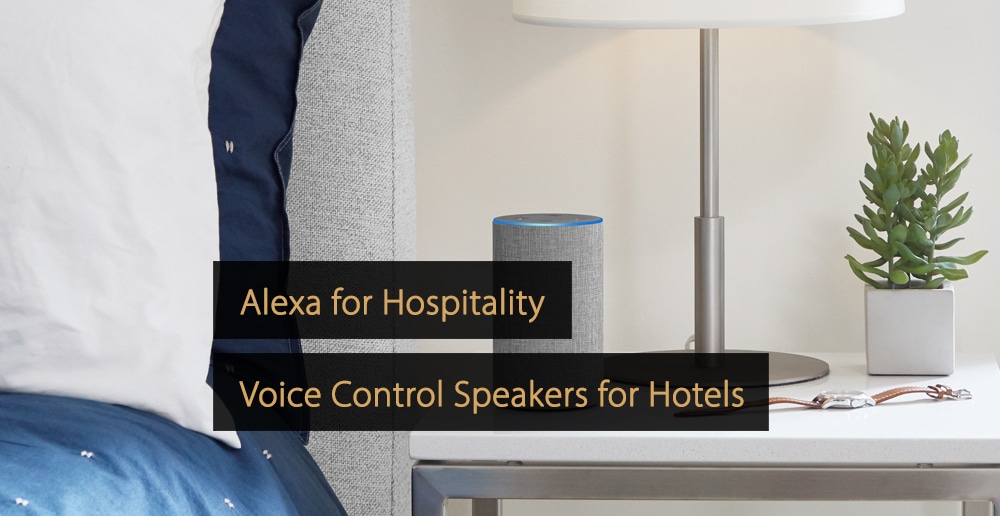
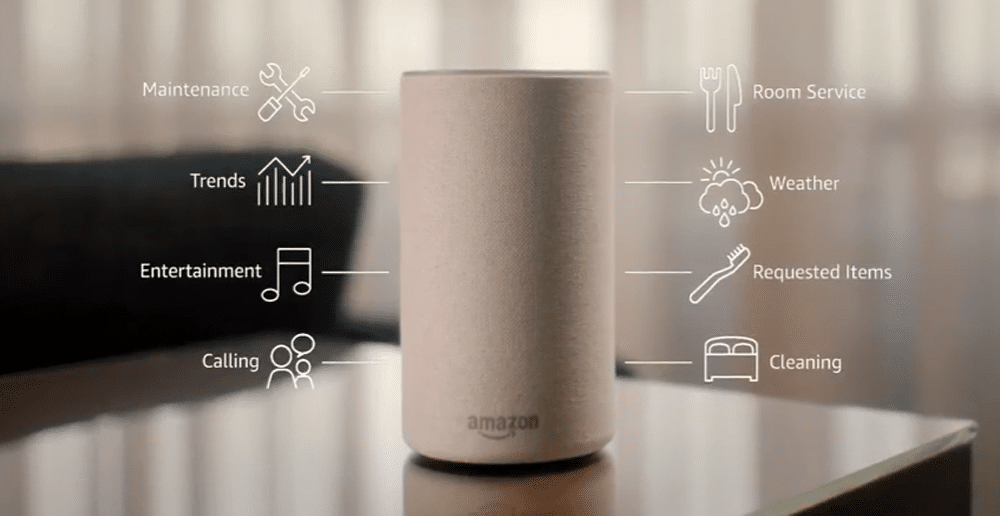

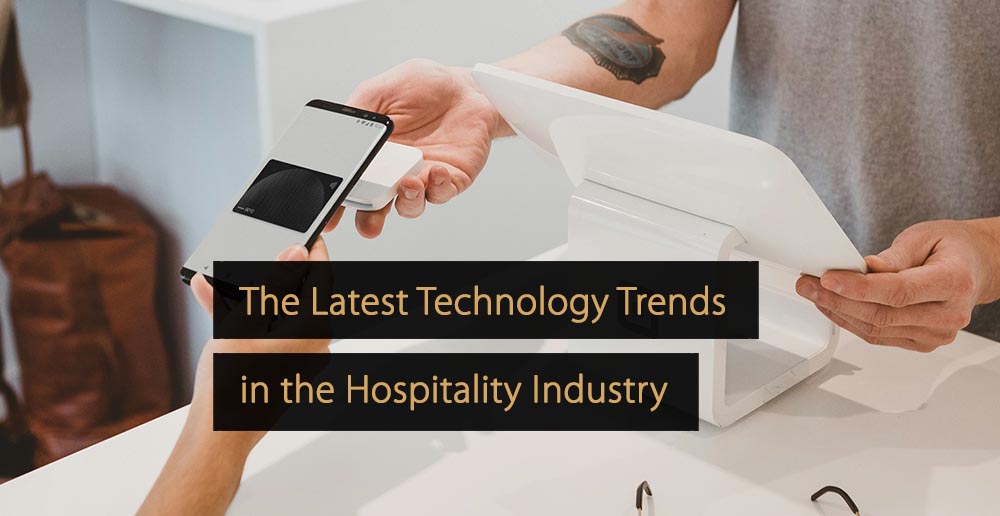
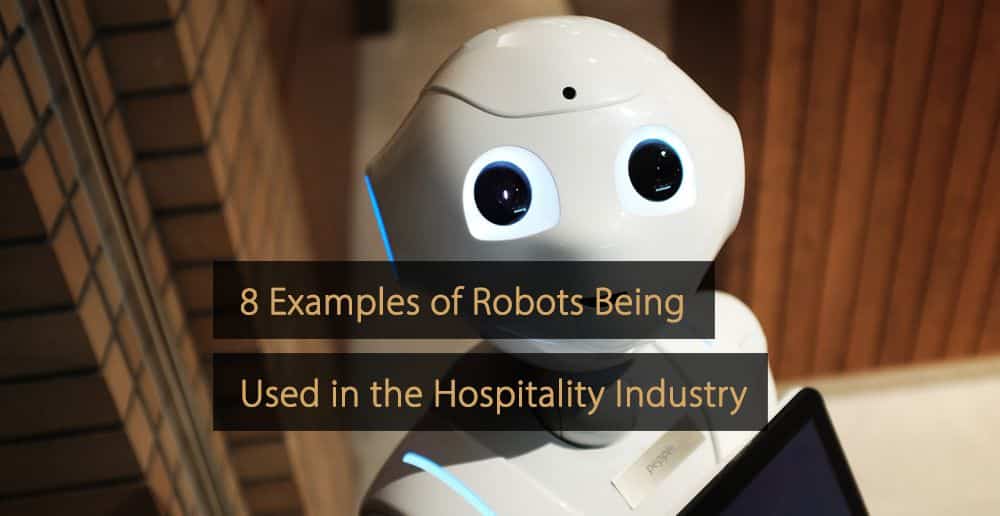
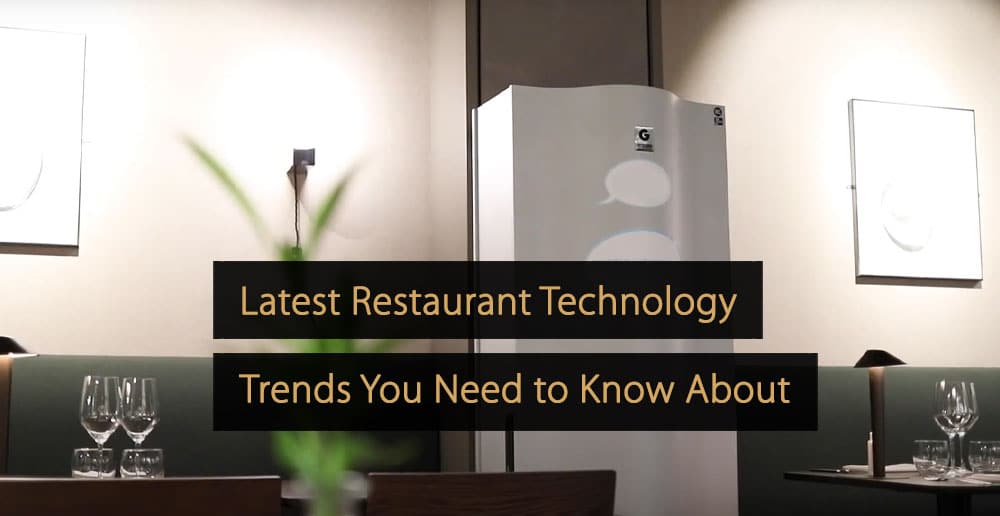
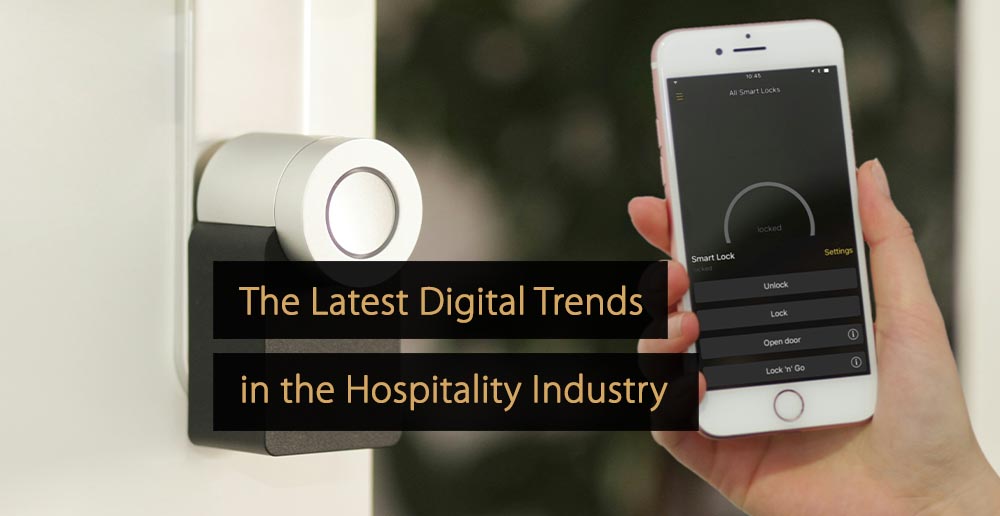


We are renovating a boutique hotel and would like to implement Alexa for hospitality in each room. Can someone please contact me to discuss this? Thank you.